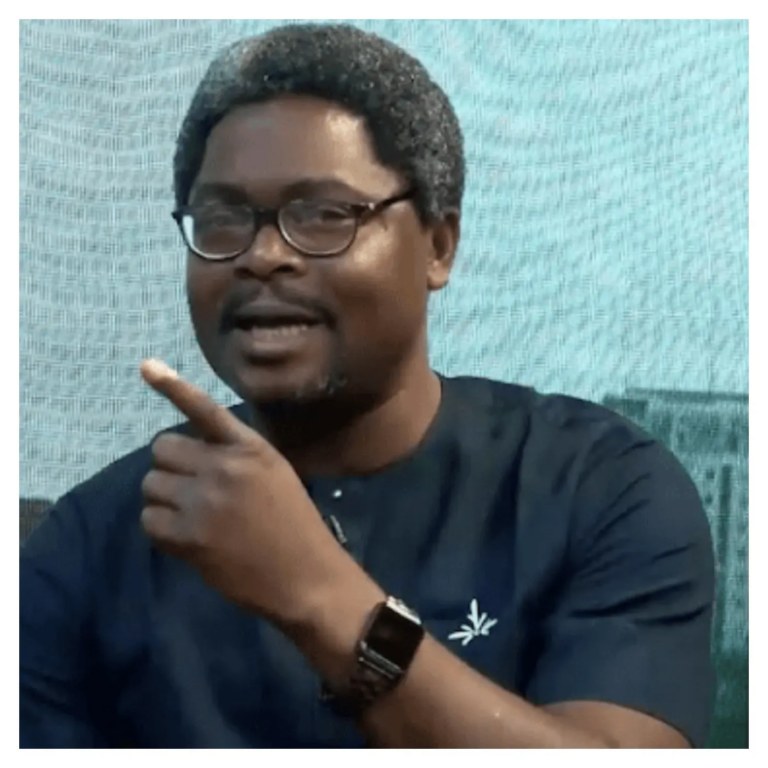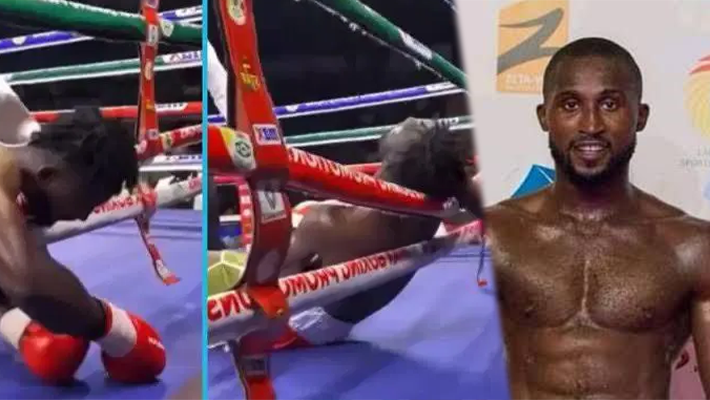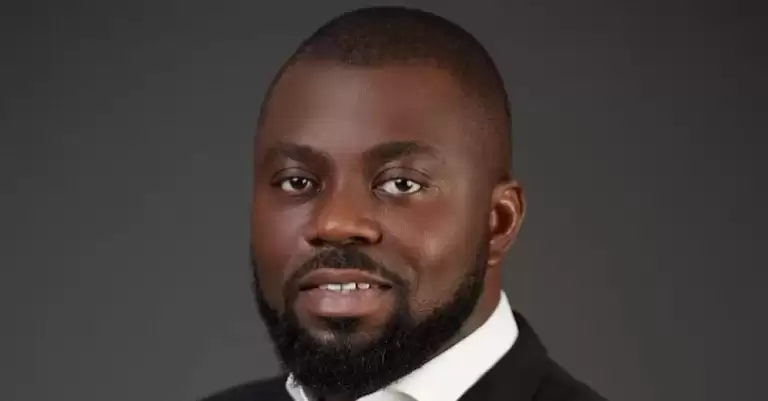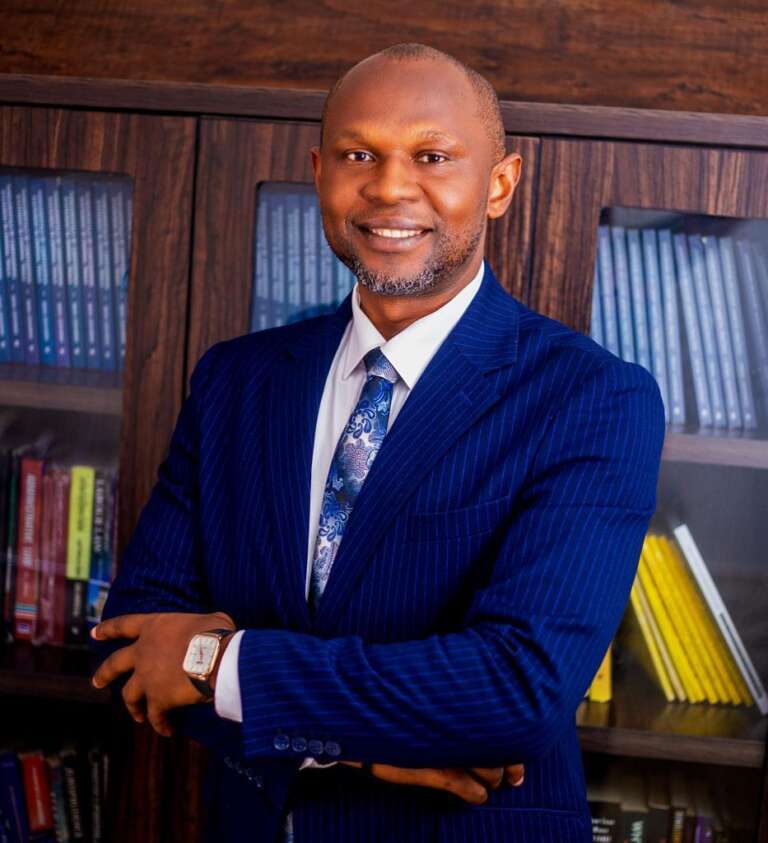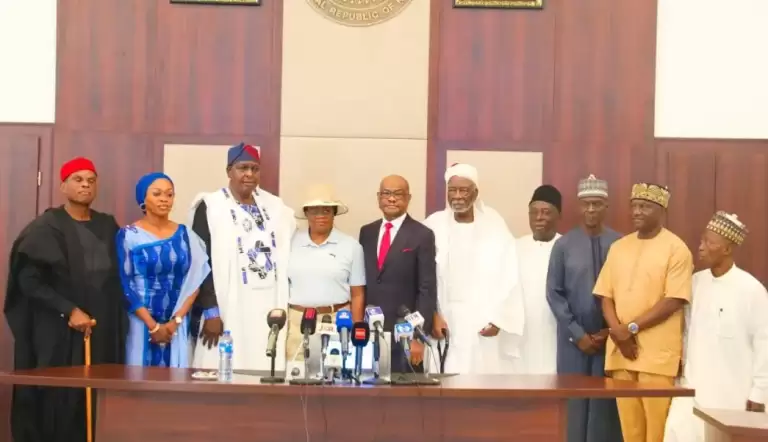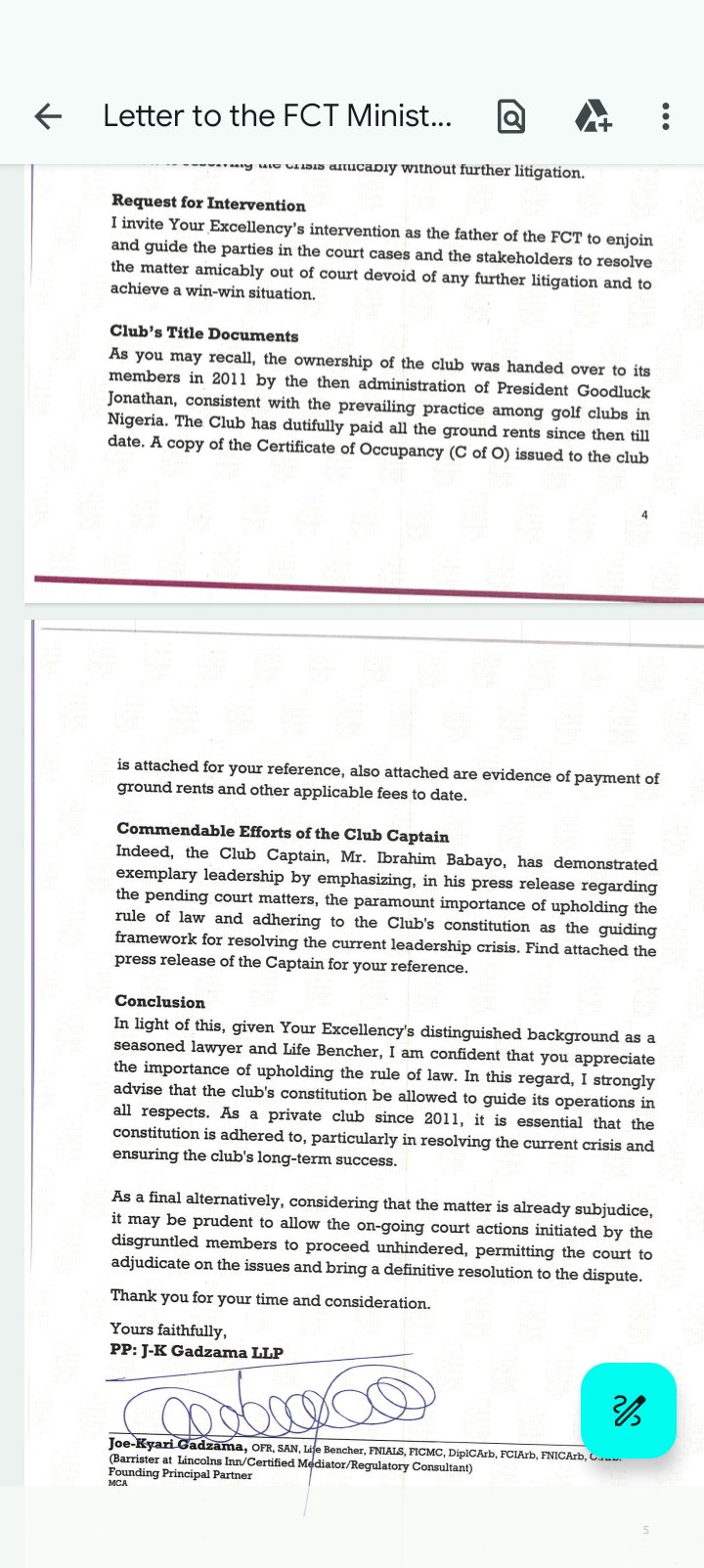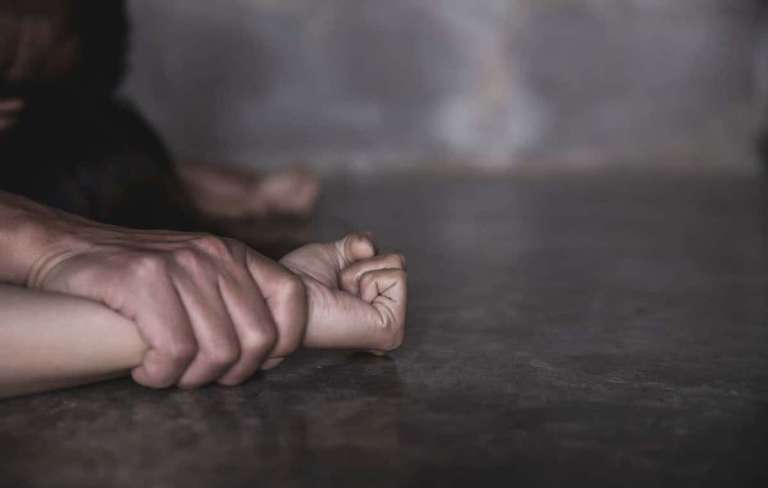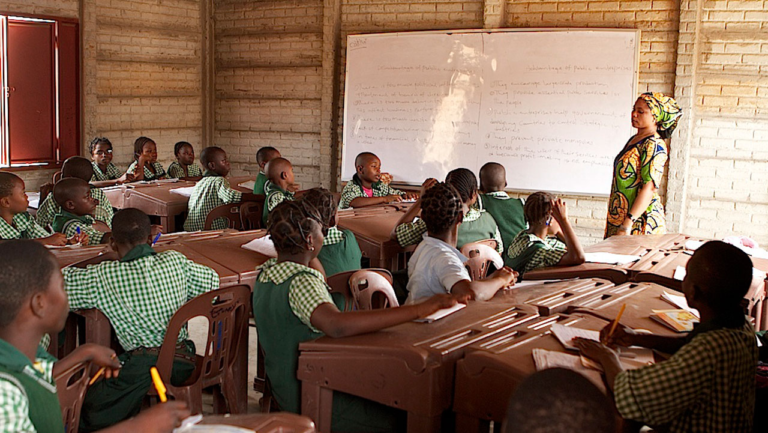By Obioma Ezenwobodo
1.1. Introduction
Before the enactment of the Administration of Criminal Justice Act 2015 the Act, there was no mandatory framework regulating the recording of confessional statements from suspects. Police and other law enforcement agents mostly coerce or beat confessions out of suspects during interrogations, and in some cases, these confessions were admitted into evidence, thereby occasioning injustice. The only guide was the ‘Judges Rules’ made by English Judges for use by the Police in making and taking confessional statements from suspects. The Judge’s Rules was to the effect that when a suspect makes a confessional statement before a junior police officer, the statement and the suspect should be taken by a junior police officer to a superior police officer for the suspect to confirm making the confessional statement. This practice has no force of law, and non-observation of the same did not lead to rejection in evidence of the said confessional statement by the court. Law enforcement officers exploited this gap in coercing, extracting, and intimidating accused persons into giving confessional statements that would be used to convict them. This anomaly led to calls for reworking and reviewing the laws regulating criminal administration to meet the exigencies of justice. One of these calls was in the case of Owhoruke v. C.O.P (2015) 15 NWLR (Pt. 1483) p. 557, Justice Rhodes-Vivour deprecated the manner the appellant’s confessional statement was obtained and therefore recommended that safeguards be put in place to guarantee transparency in the making of confessional statements.
The absence of safeguards for taking confessional statements of suspects necessitated the enactment of ACJA, passed and signed into law in 2015. The Act came into remedy this perilous situation as law enforcement officials, in many cases, beat or intimidate suspects into giving involuntary confessional statements. In some cases, confessional statements were made by law enforcement agents who forced suspects to sign same as theirs for purposes of securing convictions. Indeed, it was a free day for impunity.
1.2. How to Record a Confessional Statement under the ACJA
Recording of a suspect’s statement begins after arrest and one of the preliminary steps to observe is contained in section 6 (2) of the ACJA which provides that after arrest of a suspect, the police officer or the person that made the arrest or the police officer in charge of a police station shall inform the suspect of his rights to: Remain silent or avoid answering any question until after consultation with a legal practitioner or any person of his own choice; Consult a legal practitioner of his choice before making, endorsing or writing any statement or answering any question put to him after arrest; Free legal representation by the Legal Aid Council off Nigeria where applicable. Provided the authority having custody of the suspect shall have the responsibility of notifying the next of kin or relative of the suspect of the arrest at no cost to the suspect.
Another preliminary step is for the suspect to be treated with dignity, as his fundamental rights are still intact and enforceable despite his arrest. Section 8 of ACJA provides that a suspect, after his arrest, shall: (a) be accorded humane treatment, having regard to his right to the dignity of his person; and (b) not be subjected to any form of torture, cruel, inhuman or degrading treatment.
The above provisions are similar and complementary to section 34(1) (a) of the 1999 Constitution (as amended), which protects the right of dignity of human person by providing that Every individual is entitled to respect for the dignity of his person, and accordingly, no person shall be subjected to torture or to inhuman or degrading treatment.
The constitutional basis for these provisions that guarantees and protects the dignity of suspects is anchored on the presumption of innocence of accused persons provided by section 36(5) of the 1999 Constitution (as altered).
The major steps in recording a suspect’s statement are as provided by sections 15(4) & (5) and 17 of the ACJA. A communal reading of the provisions indicates that when a suspect is arrested with or without a warrant on the allegation of having committed a crime, volunteers to make a confessional statement:
- The police officer (this includes any officer of a law enforcement agency established by an Act of the National Assembly – section 494(1) of the ACJA 2015) shall ensure that the making and taking of the confessional statement shall be in writing;
- Such statement may be recorded electronically on retrievable video compact disc or such other audio visual means;
- An oral confession of arrested suspect shall be admissible in evidence
- The statement of a suspect, confessional or not, may be taken in the presence of a legal practitioner of his choice, or where he has no legal practitioner of his choice, in the presence of an officer of the Legal Aid council of Nigeria or an official of a Civil Society Organization or a Justice of the Peace or any other person of his choice.
- Where an interpreter is used, he shall record and read over the statement to the suspect. The suspect shall endorse with his full particulars the statement as his while the interpreter shall attest and endorse with full particulars to making the statement.
One line that connects through both sections of ACJA is that the statement is to be made at the volition of the suspect and not for him to be compelled or coerced into making it. The essence of recording a confession electronically is for the court to be sure of the voluntariness of the confession through observance of the suspect’s demeanor during recording. Also, the essence of having the suspect’s legal practitioner present during recording is to guard against coerced confessions and to curtail the excesses of law enforcement agents that have perfected the act of deploying oppressive, torturous, and underhanded practices in extracting confessions from suspects.
1.3. Whether Provisions of Sections 15(4) and 17(1) and (2) of the ACJA are Mandatory
There used to be a heated debate on whether provisions of both sections 15(4) and 17(1) and (2) of the ACJA were mandatory or permissive in the recording of confessional statements. The point of this contention was centered on the use of the words ‘shall’ and ‘may’ by the draftsman in couching both sections. For ease of clarity, the provisions are rendered thus:
15(4) Where a suspect who is arrested with or without a warrant a warrant volunteers to make a confessionals statement, the police officer shall ensure that the making and taking of the statement shall be in writing and may be recorded electronically on a retrievable video compact disc or such other audio visual means.
17(1) Where a suspect is arrested on allegation of having committed an offence, his statement shall be taken, if he so wishes to make a statement.
(2) Such statement may be taken in the presence of a legal practitioner of his choice, or where he has no legal practitioner of his choice, in the presence of an officer of the Legal Aid Council of Nigeria or an official of a Civil Society Organization or a Justice of the Peace or any other person of his choice. Provided that the Legal Practitioner or any other person mentioned in this subsection shall not interfere while the suspect is making his statement, except for the purpose of discharging his role as a legal practitioner.
The question was whether the word ‘may’ in the provisions was mandatory, in other words, whether a police officer was mandated and compelled to record a suspect’s confessional statement electronically and in the presence of a legal practitioner. This question elicited divergent views in the legal circle brought about by varying decisions of the Court of Appeal.
First School of Thought
The first school of thought propounded the view that provisions of sections 15(4) and 17(1) and (2) of the ACJA are mandatory and should be construed as imperative. This is based on the fact that the provisions are a radical change to the modalities and method of obtaining confessional statements from suspects. Therefore, the consequences of falling or omitting to adhere strictly to these novel provisions are fatal to the case of the prosecution. The strict adherence to the provisions of the ACJA mandated the police, or any other law enforcement agent, to record confessional statement in electronically, retrievable video compact disc or such other audio visual means and having the confessional statement made and taken in the presence of the suspect’s legal representative or in the presence of an officer of the Legal Aid Council of Nigeria or an official of a Civil Society Organization or a Justice of the Peace or any other person of the suspect’s choice.
On the use of the auxiliary verbs ‘may’ and ‘shall’ in both sections 15(4) and 17(2) of the ACJA, the proponents of this school of thought contended that it is a fundamental principle of law that when the word ‘may’ is used in a statute to impose a duty upon a public functionary, the word ought to be interpreted or construed as imperative and mandatory. Therefore, such a duty imposed on the public functionary must specifically be carried out in a particular form or way for the benefit of a private citizen. In other words, the use of the permissive word ‘may’ is equivalent to the mandatory word ‘shall’ as both words impose a mandatory duty on a public functionary. In support of this argument are cases of Ifezue v. Mbadugha & Ors (1984) 5 SC 79 and Ogualaji v. A-G, Rivers State, (1997) 6 NWLR (Pt. 508) 209. The purport of this line of this school of thought is that though the word ‘may’ is prima facie permissive by conferring on an authority the discretionary power to carry out an act but when the word ‘may’ is used to impose a duty upon a public functionary for an act to be carried out in a particular form or way for the benefit of a private citizen, the word shall be interpreted as mandatory. The use of the word “may” in those provisions are in those circumstances mandatory and not permissive. It was on the basis of this view that the Court of Appeal in the celebrated Court of Appeal case of Charles v. State of Lagos (2018) LPELR-43922(CA) held that sections 15(4) and 17(2) of the ACJA impose a duty on public functionaries (police officers and other officers of any law enforcement agency established by an Act of the National Assembly and this includes EFCC) to record electronically on retrievable video compact disc or such other audio visual means, the confessional statements of a suspect and to take statements of suspects in the presence of the person’s set out in Section 17(2). The Court equally held that the provisions are for the benefit of private citizens who are suspected of committing crimes so that the enormous powers of the police or other law enforcement agencies may not be abused by intimidating them or bullying them in the course of taking their statements. The same line of reasoning was adopted by the Court of Appeal in the case of Nnajiofor v. F.R.N (2019) 2 NWLR (Pt. 1655) 157.
Second School of Thought
The Second School of Thought held the view that the provisions of sections 15(4) and 17(1) and (2) of the ACJA were not mandatory but permissive and could be dispensed with depending on the exigency of each case. Their position is anchored on the use of the word ‘may’, which is a permissive term inserted in the provisions to confer discretion to police officers (and other law enforcement agents) in the exercise of their powers. They argued that the word ‘may’ in the above sections was not mandatory but permissive, as police officers and other law enforcement agents have the liberty to either adhere to them by electronically recording confession in the presence of the suspect’s legal practitioner or not to adhere to them. This view found support in the definition of the word ‘may’ in the case of Edewor v. Uwegba (1987) NWLR (Pt. 50) 313 where the Supreme Court held that generally, the word ‘may’ is a permissive or enabling expression.Proponents of this school hold the view that the underlying intention of the draftsman by using the word ‘may’ instead of the word ‘shall’ is to confer discretion or alternatives on the police or other law enforcement agents in the recording of a confessional statement. This submission is solidified by the use of the express use of the word ‘shall’ in sub-sections of sections 15 and 17 of the ACJA. The literal interpretation of the relevant provisions leaves no doubt that the word ‘may’ is not open to alternative interpretation as it is not fraught with ambiguity.
This school also hold the view that the drafters of the contentious provisions deliberately used the words ‘may’ and ‘shall’ in other sub-sections of both sections 15 and 17 of ACJA to clearly indicate the sentences/provisions that are mandatory and the ones that are permissive. Thus, the extant provisions in particular and the ACJA in general are provisions in the realm of ideals and enforceable in the nearest future. See Oguntoyimbo v. F.R.N (2018) LPELR-45218 (CA). This view was adopted by another panel of the Court of Appeal in the case of Nneoyi Itam Enang v. State (2019) LPELR-48682 (CA) to hold that provisions of sections 15(4) and 17(1) and (2) of ACJA are not mandatory.
1.4. Period of Uncertainty
For the time being, these varying schools of thought espoused by erudite decisions of different panels of the Court of Appeal generated uncertainty and confusion on the appropriate method of recording confessional statements of suspects/accused persons. Courts were left with the choice of applying or adopting any of the schools of thought, as there was no definite pronouncement from the Supreme Court on the same. However, in 2018 the Supreme Court gave a decision which seemed to have addressed the contentious issue in the case of Ajiboye v. F.R.N (2018) 13 NWLR (Pt. 1637) 430 where the Supreme Court held that it is not the law or practice that an accused person’s legal representation must be present before a statement from him can be accepted as voluntarily obtained.Though the ratio in this decision seemed to have addressed the quagmire under contention, this assumption was unfounded. This is because the trial court decision in this matter was given on 11th November 2014, before the coming into effect of ACJA 2015. Also, the appeal to the Supreme Court was based on the constitutional right to silence of a suspect and not based on section 17(2) of the ACJA. Therefore, though the issue generated in the case of Ajiboye (supra) has a lot similitude to the issue in contention and seemed to have answered the knotty question thrown up by the provision of section 17(2), the case of Ajiboye (supra) is an authority for what it decided and does not have any bearing on the application of the relevant provisions of the ACJA. This submission is based on the trite principle of law that a case is solely an authority for what it decides. See PDP v. INEC & ORS (2018) LPELR – 44373 (SC). Therefore, the case of Ajiboye cannot be relied upon, quoted, or cited as an authority on the burning issue of the taking of a suspect’s confessional statement in the presence of his legal practitioner as provided by section 17(2) of the ACJA.
1.5. Final Resolution
The Supreme Court finally resolved this contentious issue when it had the opportunity to review the Court of Appeal decision in the case of Charles. The Apex Court in Charles v. State of Lagos (2023) LPELR-60632(SC) upheldthe decision of the Court of Appeal by restating the mandatory obligation of sections 17(2) and 15(4) of the ACJA. The Apex Court held that the effect of the extant provisions is that every confessional statement must be recorded on video so that the said recording can be tendered and played in Court as evidence to prove voluntariness or a legal practitioner or any person as specified under Section 17(2) of the ACJA must be present. That the essence of the video/audio-visual evidence is obviously so that the Courtwill be able to decipher from the demeanor of the Defendant and all other surrounding circumstances in the video if he or she voluntarily made the confessional statement. Alternatively, where a video facility is not available, the Police must take the confessional statement in writing and must ensure that while the same was being taken, the Defendant had a Legal Practitioner of his choice present.
The Supreme Court has also reaffirmed this principle in the case of FRN v. Akaeze (2024) LPELR-62190(SC), thereby removing any atom of doubt as to the certainty and mandatory application of video recording, or where this is not possible, the presence of a legal practitioner during the recording of a confessional statement of a suspect.
Obioma Ezenwobodo LL.M
Author of the book: Fundamentals of Confessional Statement in Criminal Trials
Lead Partner, Resolution Attorneys
Executive Director, Policy & Legislative Advocacy Network (PLAN)
Pioneer Chairman, Nigerian Bar Association, Garki Branch, Abuja (2022/24)
[email protected]

